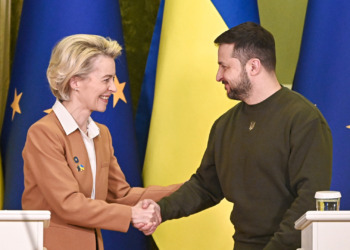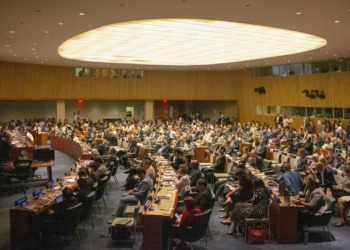“The strong do what they can, the weak suffer what they must.”
The words of Athenian philosopher Thucydides become more and more relevant in today’s world, as authoritarian governments use brutality and excessive violence on those fighting for freedom.
Police brutality reaches its peak
As of Thursday, Nov. 14, 2019, a 70-year-old man has been added to the list of those who have lost their lives due to the brutal clashes between the police force and the protesters in Hong Kong. Since their beginning in March, the Hong Kong protests have evolved from a peaceful demonstration against the extradition bill to an overall resistance against the oppressive nature of Beijing and its extensions in Hong Kong.
It would, no doubt, be wrong to call this a “peaceful protest” in its sixth month with daily clashes taking place, yet this is not due to the protesters having violent aims but to the reaction they are getting from members of the police. The Hong Kong Police Force, under the command of Beijing, has been using excessive power and violence, injuring thousands of students every day.
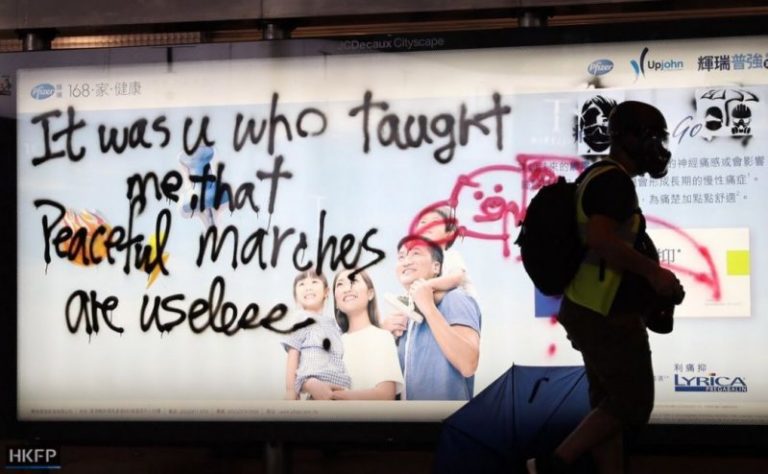
The police have been using teargas unstoppably without distinguishing between children, women or elderly. A 15-year-old boy is in critical condition after having brain surgery at the hospital following being shot in the head with a teargas canister while a video on a news account on Instagram shows a mother and a toddler inside a building seeking help after they have been teargassed, yet nobody stops to help them. Similarly, a journalist has recently been diagnosed with chloracne after being teargassed by the police. The news has allegedly faced the comment of “Why are you blaming it on the teargas” by the police.
Since March, there have been many suicides some of which have remained unexplained. This has led to protesters developing a heartbreaking arrest ritual of yelling out their names and the fact that they will not commit suicide when they are being taken away so that the police cannot kill them and frame it as a suicide. There are also alleged cases of sexual violence by the police on captured protesters. Due to most of this news being banned by sources in the region, these have not been reported on Western media.
Universities under attack
The Chinese University of Hong Kong has been attacked by the police force earlier this week, leading to many international students having to be escorted to the airport to flee the country. According to SCMP, the police fired 1,576 rounds of tear gas, 1,312 rubber bullets, 380 beanbag rounds and 126 sponge-tipped rounds, breaking the record for the highest number of rubber bullets used in a single day. This follows Chief Executive and Beijing puppet Carrie Lam saying that cancellation of school would disrupt daily life and give in to “this so-called city-wide strike.” Yet instead, it is the police under Beijing’s command that disrupt it.
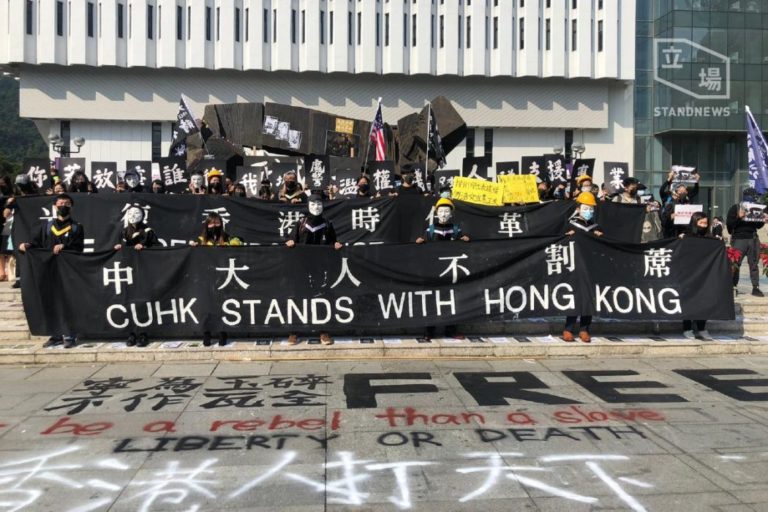
Claudia Mo, a pan-democracy lawmaker who represents the Kowloon West geographical constituency, expressed her distress on the matter during a Legislative Council meeting. She said the police have become so “trigger-happy, gun-happy.” Mo also defends the students use of violence against the police by pointing out that it was simply a reaction to the police storming the campus. She asks how one can blame the students for “resisting and fighting back”. She then calls on the government to stop “any more campus invasion” and “police brutality overall.”
Although many are comparing the difference between the actions of the protesters from the Umbrella Revolution to that of today, what is a freedom fighter to do when umbrellas remain insufficient against bullets?
Why the Western world is not reporting it
Ironically, while all of this is taking place in Hong Kong, one of the world’s biggest market economies, Western media seems to have forgotten all about it. Almost all information circulated on daily news of the protest is from Hong Kong Free Press or from independent Instagram accounts dedicated to informing both locals of Hong Kong and international followers by using local news sources. Although some Western articles are blaming the protesters for being violent, it can be interpreted as a result of police brutality footage not being circulated enough in the Western world.
Following the switch to the ‘one country, two systems’, Hong Kong has no official relations with Britain, however, as a prior sovereign power, the last British governor to Hong Kong Chris Patten believes that Britain has a debt of honour to Hong Kong. Although British Foreign Secretary Jeremy Hunt made remarks on the Chinese behaviour this summer, Britain could potentially have a conflict of interest that makes officials think materialistically instead of humanitarian. Now declassified briefing notes on the Sino-British joint declaration indicates that Britain would have the “right to raise any breaches with China after 1997” and that it “would not hesitate to do so” as well as maintaining Hong Kong’s autonomy if needed.
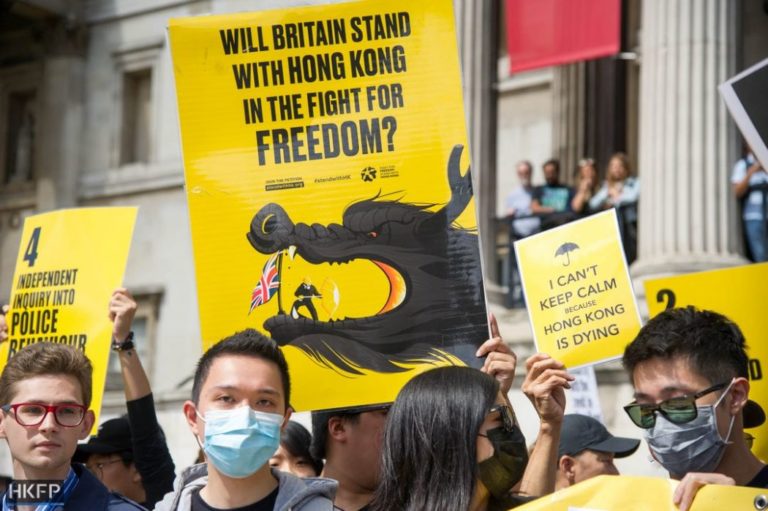
Although London has criticised the now-pulled extradition bill, no petitions have been submitted to make the breach official. It is very possible that Britain has concerns other than the safety and wellbeing of its former colony. The China General Nuclear Power Group has been building Hinkley Point, a nuclear power plant in the United Kingdom, with the help of EDF since 2018, and the Chinese ambassador to Britain expressed how important UK-China relations are at this turning point, calling it “a test of mutual trust.” Therefore the UK not taking legal action or openly criticising police brutality and the lack of solid decision-making in Beijing would lead to UK-China relations being shaken.
Patten has said to the Financial Times that the UK’s “‘golden age’ with China should put more emphasis on honour and less on ‘fear and greed.’ That is where our national interest really lies.”



